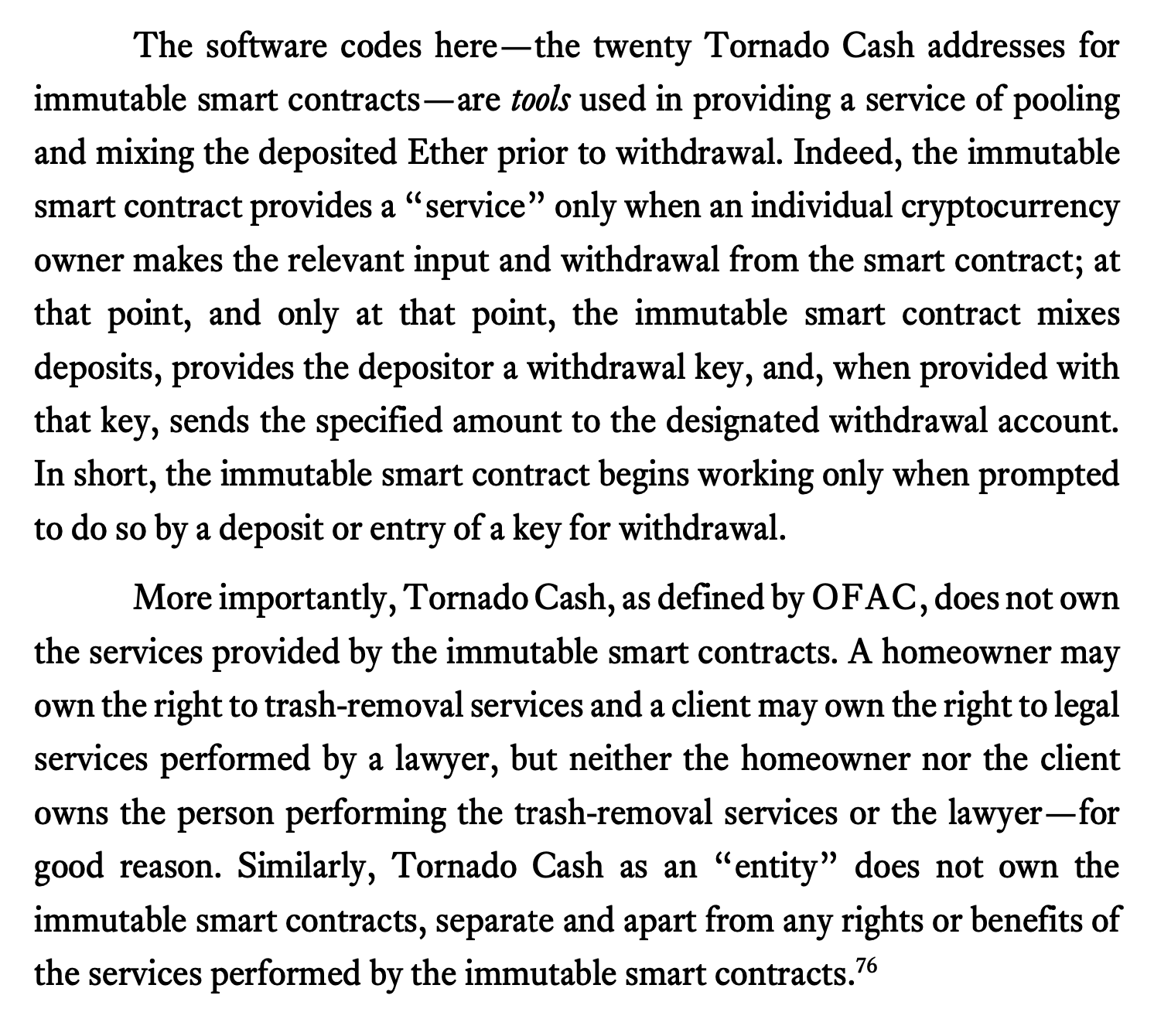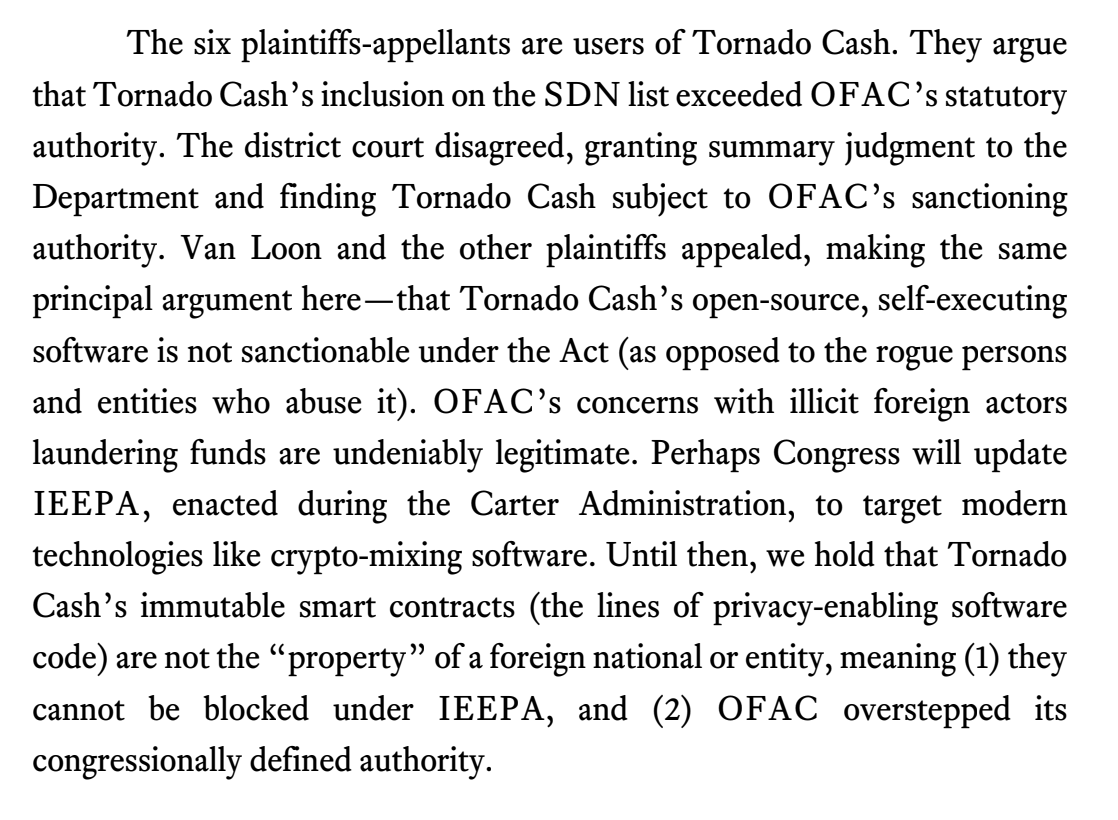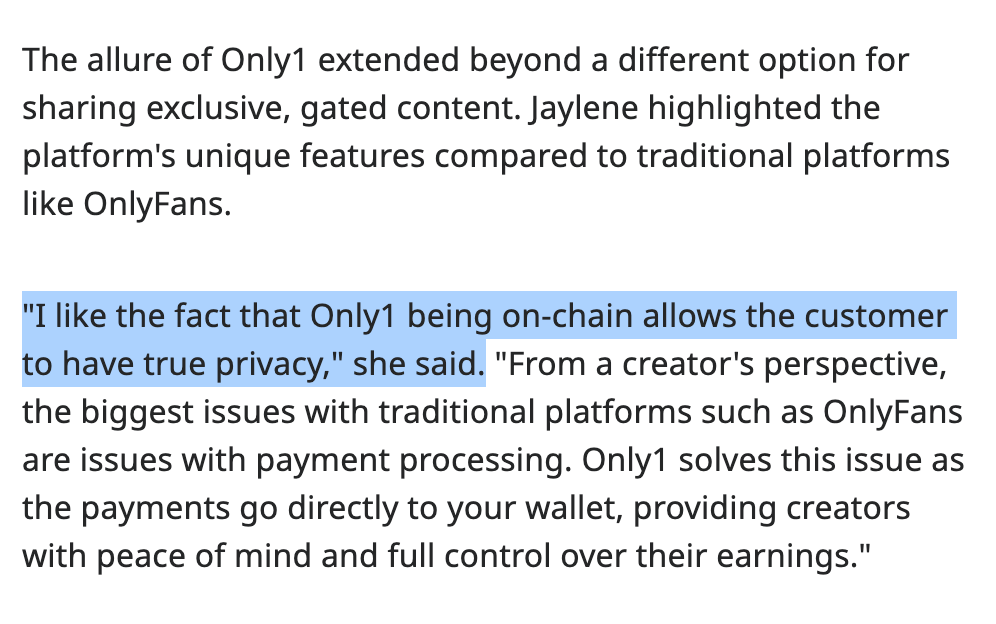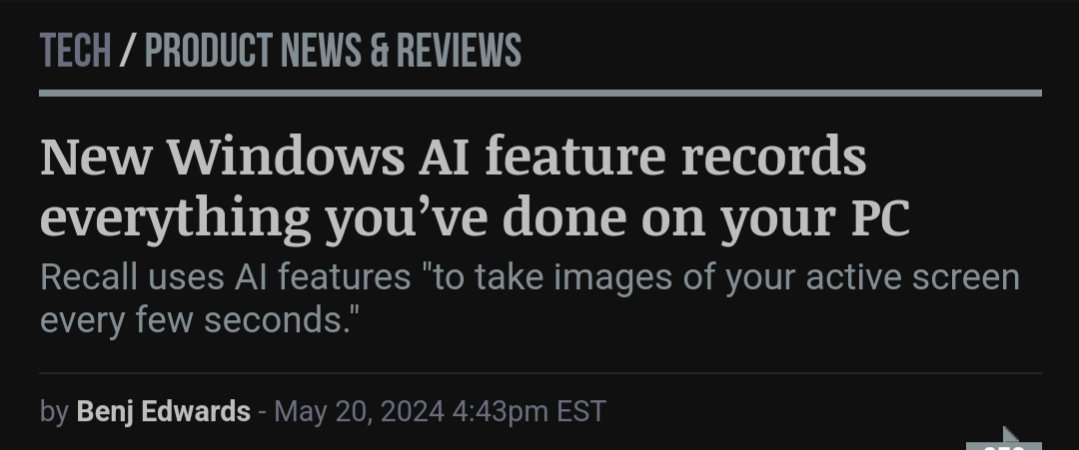I must once again urge you: please do not record your abortions on the blockchain.
There are a lot of very worried people right now, fearful of an impending regime that may well crack down on things like reproductive care, gender-affirming care, or the ability for immigrants to even continue to remain in the US. Some have suggested people get familiar with cryptocurrencies in the event they might have to circumvent an authoritarian state.
I’ve said it before and I’ll say it again: in very bad situations, bad solutions can sometimes still be better than nothing. I make no secret of my views on the cryptocurrency industry, but I am the last to judge a person for using whatever means they have available to them to take care of themselves and others.
But please remember that most popular cryptocurrencies use public ledgers, where every transaction is visible to anyone who cares to look (no warrant required), where true anonymity is extremely challenging, and where tracing technology is getting only more sophisticated. Popular on-ramps like Coinbase and Gemini and other exchanges require customers to provide similar kinds of identification as banks, linking your future transactions to your real-life identity. (And many of these companies have thrown themselves wholeheartedly behind Trump, by the way, despite their “anti-authoritarian” claims).
There are cryptocurrencies that are more anonymous than the bitcoins and ethereums of the world (privacycoins like Monero and Zcash for example), though there are still attempts to trace these types of tokens and you have to be knowledgeable and very cautious about how you use them so as not to inadvertently reveal your identity.
If you’re in a bad situation, do whatever it is you need to do. I’m certainly not going to judge you. But please be very cautious, and be highly skeptical of anyone who presents cryptocurrency as a magic solution to authoritarianism.
Further reading: “Abuse and harassment on the blockchain”, “Anonymous cryptocurrency wallets are not so simple”


![The immutable smart contracts at issue in this appeal are not property because they are not capable of being owned. More than one thousand volunteers participated in a “trusted setup ceremony” to “irrevocably remov[e] the option for anyone to update, remove, or otherwise control those lines of code.” And as a result, no one can “exclude” anyone from using the Tornado Cash pool smart contracts. In fact, because these immutable smart contracts are unchangeable and unremovable, they remain available for anyone to use and “the targeted North Korean wrongdoers are not actually blocked from retrieving their assets,” even under the sanctions regime. Simply put, regardless of OFAC’s designation of Tornado Cash, the immutable](https://storage.mollywhite.net/micro/5c9f39635b98489b176d_Screenshot-2024-11-26-at-7.01.20---PM.png)

